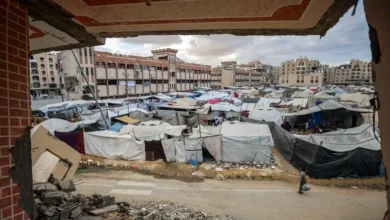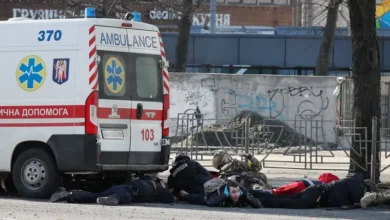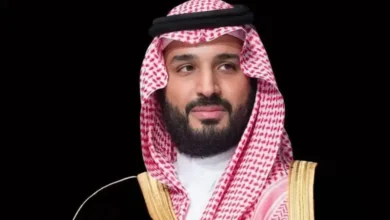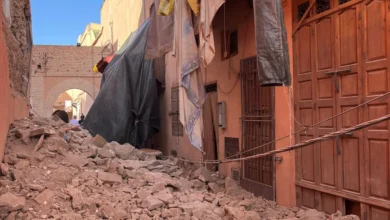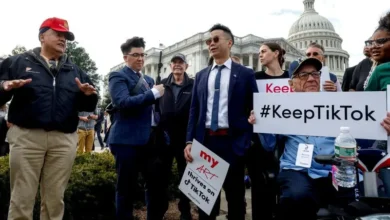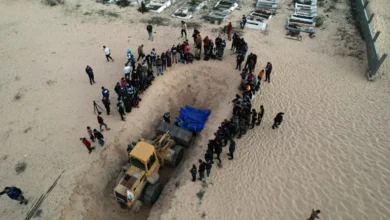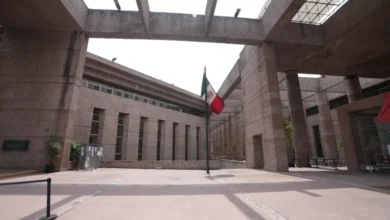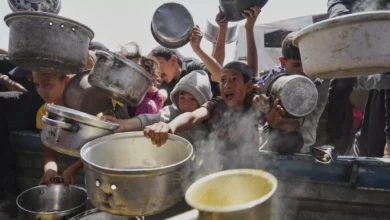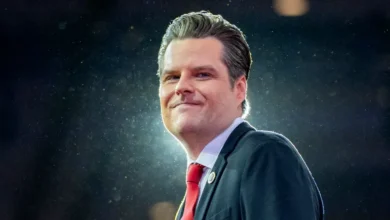More money, more problems: Debate on Black Tax in African football returns
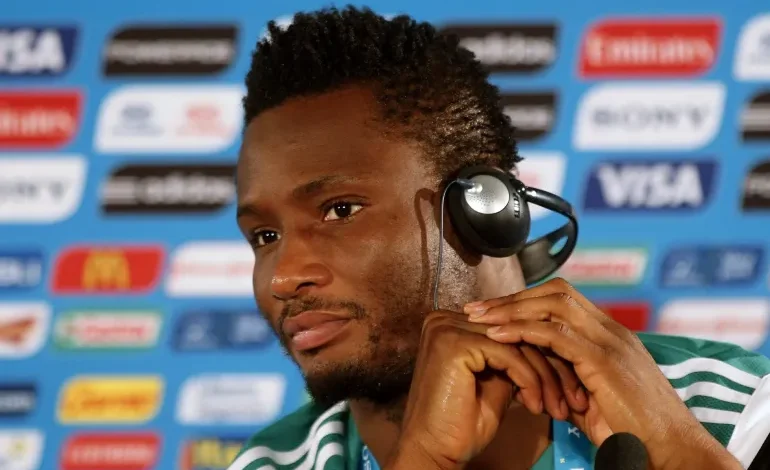
In November 2023, former Chelsea midfielder John Mikel Obi rekindled a long-running conversation about the burdens breadwinners face, especially multimillionaire footballers playing at the highest level.
Speaking on the Vibe with Five podcast hosted by former England international Rio Ferdinand, Obi said, “When you come from Africa – and this is something I don’t think we speak a lot about – when you make money, it is not your money.”
He explained: “You have all these relatives, cousins, whatever. You get a salary and say, ‘I’ll put this aside for this person, put that aside for that person, and put that aside for my mum and dad’. Before you know it, you are getting less than them. That is the culture. They expect you to do that. For them, you owe them.”
For years, as the top leagues expanded and racked up billions in marketing revenue, players’ wages increased exponentially. But with more money, came more problems.
More footballers accumulated wealth but by the end of their careers, many were also broke or owned only a small fraction of their assets, if any.
Many examples abound for African players who once played within the continent or abroad: Lerato Chabangu played at Mamelodi Sundowns, the best-paying team in South Africa, on a generous package. He also played for the national team but is now destitute. Philemon Masinga, a former Leeds United striker, reportedly died penniless at 49.
Several other former Premier League stars, from Cameroon’s Eric Djemba-Djemba to Nigeria’s Celestine Babayaro fell on hard times following the conclusion of their careers. Former Ivorian right-back Emmanuel Eboue went from earning millions of pounds at Arsenal and Galatasaray to sleeping on a friend’s couch after a messy divorce.
In Nigeria, many ex-internationals have had to resort to social media appeals and GoFundMe campaigns to fund lifesaving surgeries, sometimes for illnesses from complications due to injuries during their career.
